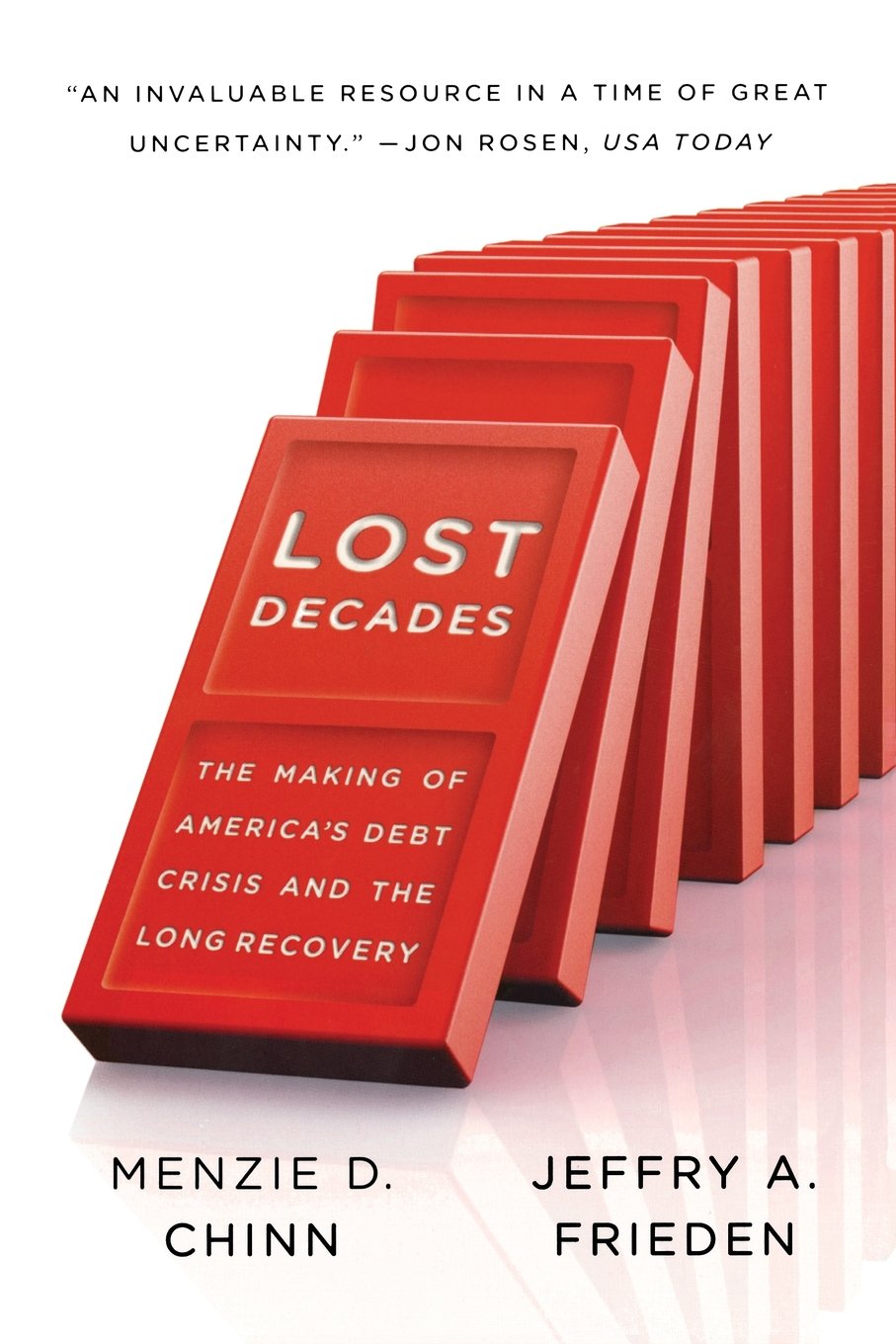
"If it were possible for a man and his wife to share one heart, Hoonie was this steady, beating organ."
"Most people told you their thoughts in words and later confirmed them in actions. There were more people who told the truth than those who lied. Very few people lied well. What was most disappointing to him was when a person turned out to be no different than the next."
"'Most people are rotten everywhere you go. They're no good. You want to see a bad man? Make an ordinary man successful beyond his imagination. Let's see how good he is when he can do whatever he wants.'"
"He had become almost inured to death; his frailty had reinforced his conviction that he must do something of consequence while he had the time."
"'One bad Korean ruins it for thousands of others. And one bad Christian hurts tens of thousands of Christians everywhere, especially in a nation of unbelievers.'"
"Yoseb would have crawled on his belly across the floor of the station if that would have made Isak free. Their eldest brother, Samoel, had been the brave one, the one who would've confronted the officers with audacity and grace, but Yoseb knew he was no hero [...] Yoseb didn't understand the point of anyone dying for his country or for some greater ideal. He understood survival and family."
"Save your family. Feed your belly. Pay attention, and be skeptical of the people in charge."
"Without the others around, it was possible to be kind to her son. Parents weren't supposed to praise their children, she knew this - it would only invite disaster."
"The factory owner believed that if all Asian countries were run with a kind of Japanese efficiency, attention to detail, and high level of organization, Asia as a whole would prosper and rise - able to defeat the unscrupulous West."
"Patriotism is just an idea, so is capitalism or communism. But ideas can make men forget their own interests. And the guys in charge will exploit men who believe in ideas too much."
"'Although, if you like everything you read, I can't take you seriously. Perhaps you didn't think about these books long enough.'"
"she would not believe that she was no different than her parents, that seeing him as only Korean - good or bad - was the same as seeing him only as a bad Korean. She would not see his humanity, and Noa realized that this was what he wanted most of all: to be seen as human."
"He would not understand. Her son could not feel compassion for those who did not try."
"the players also came to escape the eerily quiet streets where few said hello, to keep away from the loveless homes where wives slept with children instead of husbands, and to avoid the overheated rush-hour train cars where it was okay to push but not okay to talk to strangers."
"'People are awful. Drink some beer'"
"Etsuko Nagatomi loved all three of her children, but she did not love them all the same. Being a mother had taught her that this kind of emotional injustice was perhaps inevitable."
"her ex-husband used to dismiss this idea of fate as a lazy explanation for the bad choices people made. Regardless, life had only confirmed her belief that there was indeed a pattern to it all."
"There were so many errors. If life allowed revisions, she would let them stay in their baths a little longer, read them one more story before bed, and fix them another plate of shrimp."
"'I have never been to Japan [...] but I hope that wherever I am in life and whatever I do, I can be a good Japanese. I hope to never bring shame to my people.'"
"The Japanese said that Koreans had too much heat in their blood. Seeds, blood. How could you fight such hopeless ideas? Noa had been a sensitive child who had believed that if he followed all the rules and was the best, then somehow the hostile world would change its mind. His death may have been her fault for having allowed him to believe in such cruel ideas."
"'So then success tax comes from envy, and the shit tax comes from exploitation. Okay [...] then what's the mediocre tax?' [...] 'Good question, young Jedi. The tax for being mediocre comes from you and everyone else knowing that you are mediocre. It's a heavier tax than you'd think.'"




